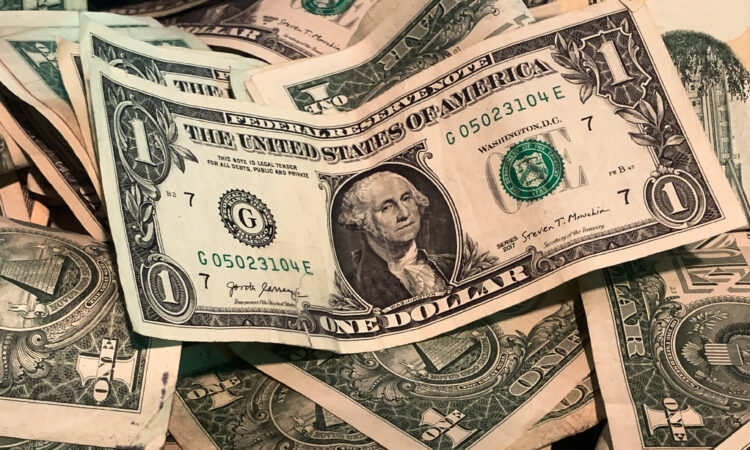
Japan’s yen moved away from Friday’s 148.80 per U.S. dollar, its weakest in a month, to as firm as 147.61, as the BOJ started its two-day policy meeting. The dollar was last down fractionally against the Japanese currency at 148.07 yen.
Wagers for an exit from negative rates at this meeting have been wound down following the New Year’s Day earthquake on Japan’s west coast, alongside dovish BOJ commentary.
The yen, which is sensitive to the difference in interest rates between the U.S and Japan, has been the worst hit against the dollar this year, tumbling about 5% in a swift reversal of December’s bounce to five-month peaks near 140.
“The policy convergence story drove down dollar-yen towards the end of last year and after New Year, we’ve seen some reversal of that because the market’s expectations for Fed (Federal Reserve) rate cuts have been pushed back a little bit and expectations for a BOJ rate hike have also been pushed back,” said BofA chief Japan FX and rates strategist Shusuke Yamada.
Traders said one factor also driving the yen moves was the expiry of a large amount of currency options this week and the hedging around those contracts.
LSEG data showed that while most options expiring between Monday and Thursday with strike prices between 147.15 and 148.10 dollar-yen levels were small, the cumulative amount was around $2.6 billion.
The European Central Bank is also holding a policy meeting this week and is expected to leave rates unchanged at 4%, with ECB officials saying it is too early for rate cuts. With the ECB likely to remain data-dependent, investors will focus on the tone of the policy statement and President Christine Lagarde’s press conference.
The euro was last down 0.1% on the day at $1.088. Speculators pared back net long positions on the euro to their lowest since early November, data from the Commodity Futures Trading Commission showed last Friday.
The dollar index was up less than 0.1% at 103.35. It has gained the most among developed market currencies in January, rising about 1.8% from the start of this year. Its rally, however, has been up and down as investors try to make up their minds about when the Federal Reserve will start cutting rates.
Data late last week showing U.S. economic activity remains resilient despite interest rates at their highest level in decades caused markets to scale back expectations of rate cuts beginning as soon as in March.
The U.S. rate futures market on Monday priced in a roughly 40% chance of a rate cut at the March meeting, down from as much 80% 1-1/2 weeks ago, according to LSEG’s rate probability app. For 2024, futures traders are betting on five rate cuts of 25 bps each, compared with expectations of six two weeks ago.




